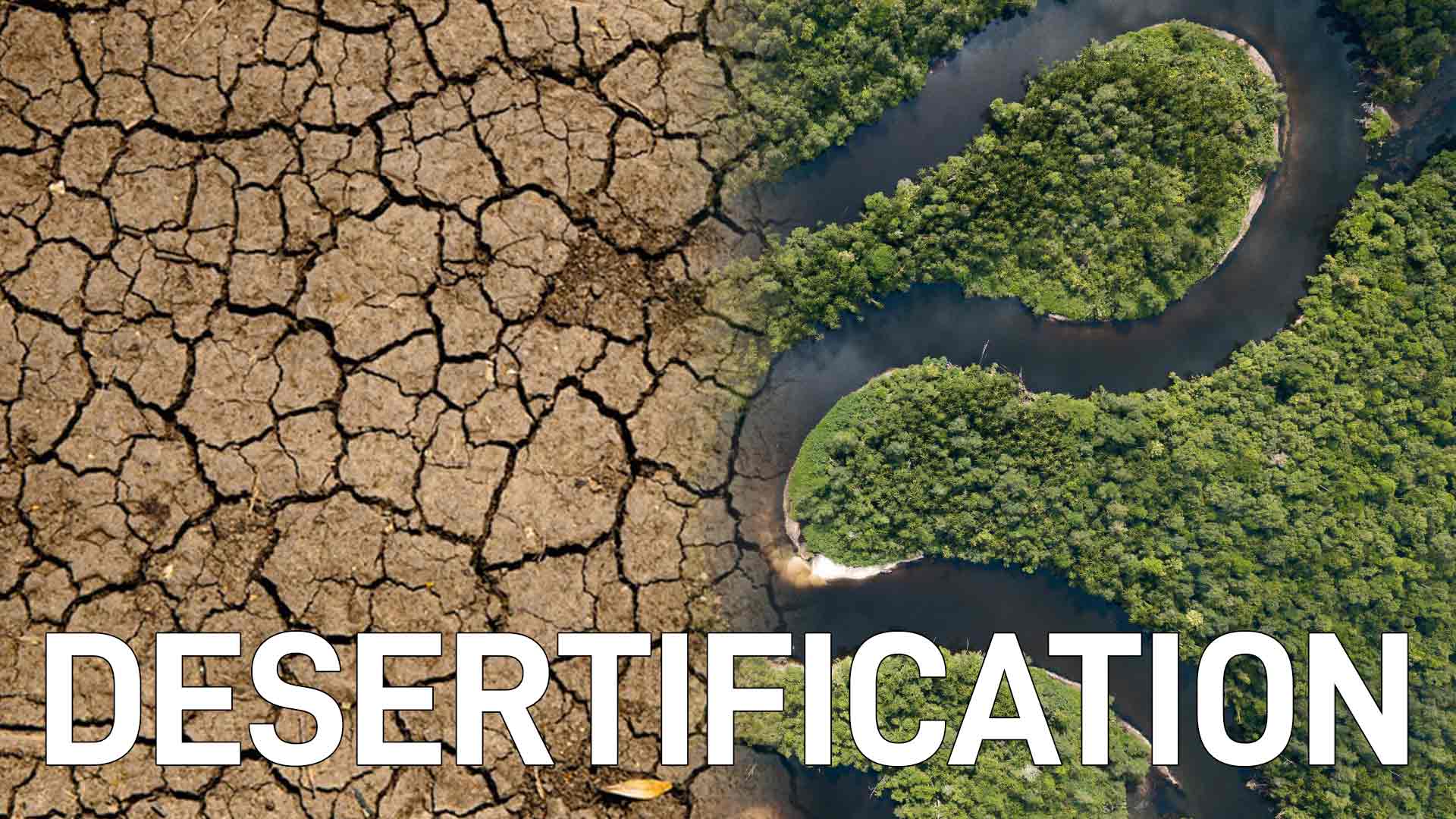Desertification is a significant environmental problem that affects many regions with dry and arid climates on Earth. It is caused by both natural factors like climate variability and human activities like deforestation, overgrazing, and unsustainable land use practices. The consequences of desertification are numerous, including soil erosion, loss of biodiversity, reduced agricultural productivity, and increased poverty and social conflict in affected areas.
However, there are ways to stop or reverse desertification. Sustainable land use practices can play a significant role in restoring degraded land and improving soil quality. These include conservation agriculture, agroforestry, and reforestation. In addition, soil and water conservation practices such as terracing, contour plowing, and mulching can reduce soil erosion and water loss in dry areas.
Improved water management is also essential for stopping desertification. Efficient irrigation practices like drip irrigation and the use of drought-resistant crops can help conserve water in arid regions. Governments can also play a crucial role in stopping desertification by enacting policies that encourage sustainable land use practices and discourage destructive activities like deforestation and overgrazing.
Raising awareness among local communities about the importance of sustainable land use practices can lead to better land management practices and improved ecosystem services. This requires education and awareness-raising campaigns that highlight the importance of protecting the environment and promoting sustainable development.
Stopping and reversing desertification is a global effort that requires the cooperation of all individuals, governments, and organizations. By taking these steps, we can protect our planet's fragile ecosystems and ensure a sustainable future for generations to come. It is essential to address this environmental problem before it is too late.

Comments
Post a Comment